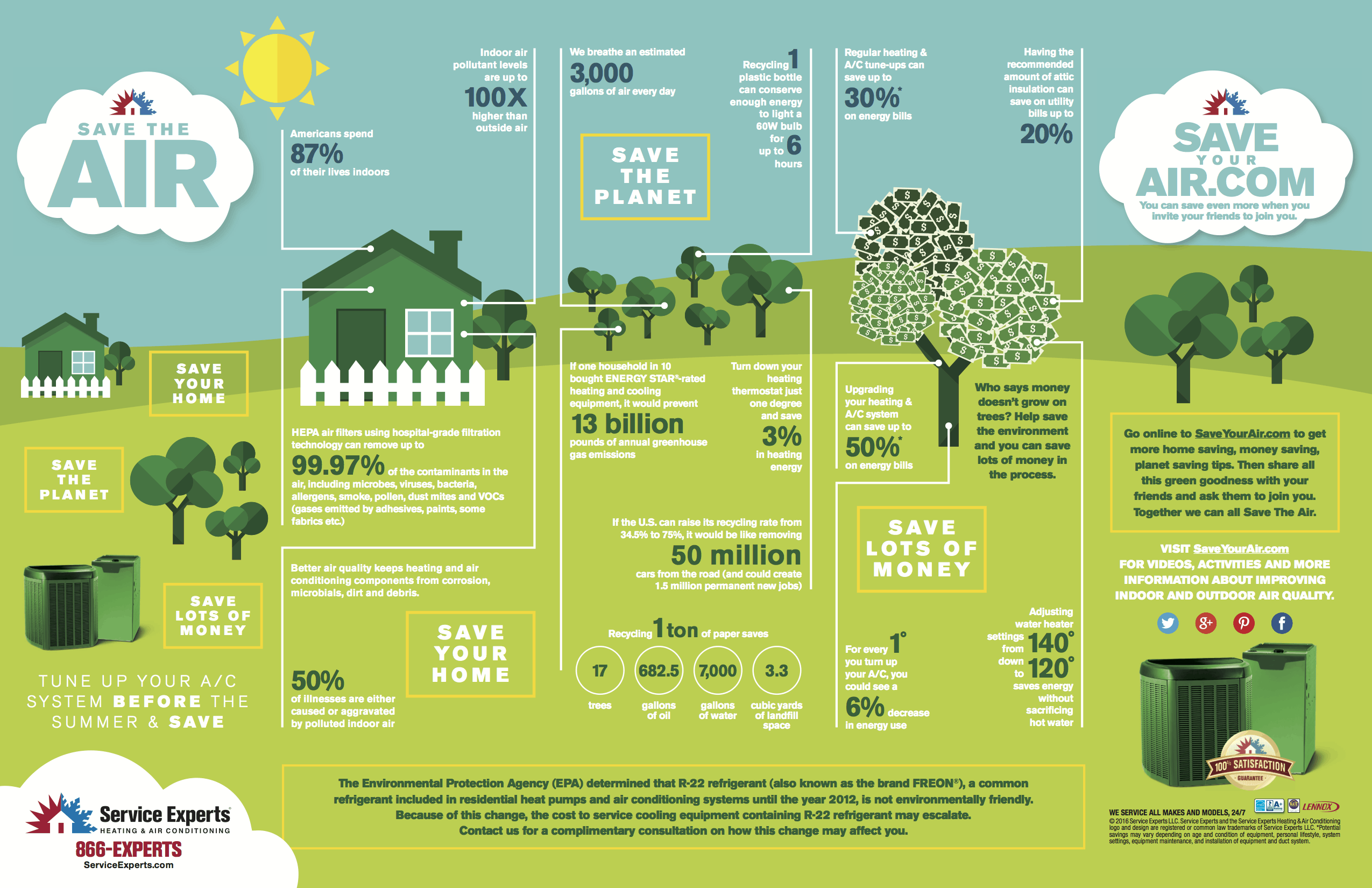Learn Exactly How To Optimize The Efficiency And Life Expectancy Of Your Heatpump System By Avoiding Conventional Installation Mistakes
Learn Exactly How To Optimize The Efficiency And Life Expectancy Of Your Heatpump System By Avoiding Conventional Installation Mistakes
Blog Article
Short Article Developed By-Garrison Morris
When installing a heatpump, you have to stay away from usual errors that can endanger its efficiency. Forgeting correct sizing might cause ineffectiveness and greater utility expenses. Neglecting insulation and securing could lead to power wastefulness and pressure on the system. Additionally, positioning the exterior system incorrectly may influence its performance. By preventing these errors, you can make certain optimal operating and resilience of your heat pump system.
Improper Sizing of Heat Pump
When it concerns the installation of heat pumps, one of one of the most typical mistakes is poorly sizing the unit for your space. Making sure the appropriate size is important for ideal efficiency. If the heat pump is also tiny, it will have a hard time to heat or cool your area efficiently, causing enhanced energy bills and prospective damage on the device.
On the other hand, if the heat pump is too large, it will certainly cycle on and off frequently, creating temperature fluctuations and minimizing its lifespan.
To avoid this mistake, it's essential to have an expert assess your room and suggest the ideal dimension of the heatpump based on elements like square footage, insulation, ceiling elevation, and local environment. By spending the moment and effort to make sure the appropriate sizing, you can enjoy a comfortable setting while maximizing energy performance and prolonging the life expectancy of your heat pump.
Inadequate Insulation and Sealing
To guarantee the effective operation of your heat pump, it's important to address insufficient insulation and sealing in your area. Appropriate insulation helps maintain a consistent temperature level inside your home, minimizing the workload on your heatpump. Inadequate insulation can lead to power loss, making your heat pump job harder and less efficiently.
Securing any kind of voids or leaks in your room is equally crucial. https://dominickjezsn.blogunok.com/31430681/prepare-your-house-for-heat-pump-installment-by-adhering-to-crucial-steps-to-boost-performance-and-efficiency permit conditioned air to run away and outside air to leak in, requiring your heatpump to make up for the temperature level fluctuations.
Incorrect Positioning of Outdoor Unit
Addressing the positioning of your heatpump's exterior device is key to optimizing its efficiency. Mounting the outdoor device in an inaccurate area can result in performance problems and prospective damages to the device.
One typical error to prevent is putting the outside system too near a wall surface or other structures. This can limit airflow, causing the device to work more difficult to heat or cool your space, ultimately lowering its effectiveness and life expectancy.
Another error to stay away from is placing the exterior unit in straight sunlight. While some sunshine is unavoidable, excessive direct exposure can cause overheating, specifically throughout hot summer season days. https://spectrumlocalnews.com/nc/charlotte/weather/2021/07/01/a-few-tips-on-how-to-keep-your-home-cooler-during-the-heat-of-summer to position the outdoor device in a shaded area to assist preserve its optimum operating temperature level.
Additionally, make certain that the outdoor unit is put on a stable and degree surface area. Irregular ground can cause resonances and unnecessary stress on the device, influencing its efficiency gradually.
Verdict
In conclusion, avoiding typical blunders throughout heatpump installment is important for maximizing effectiveness and longevity of your system. By ensuring proper sizing, ample insulation, sealing, and right positioning of the outside unit, you can avoid issues such as inadequacies, enhanced energy costs, and stress on the system. Making the effort to resolve these crucial aspects will ultimately save you time and money in the long run.
